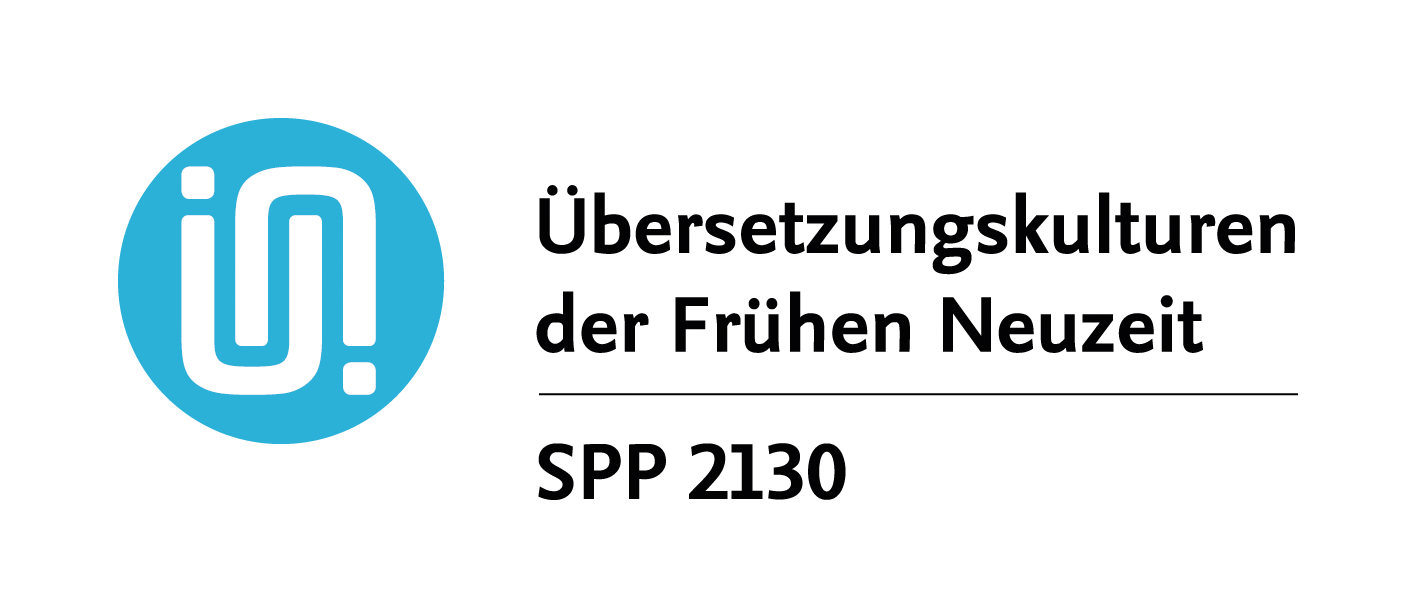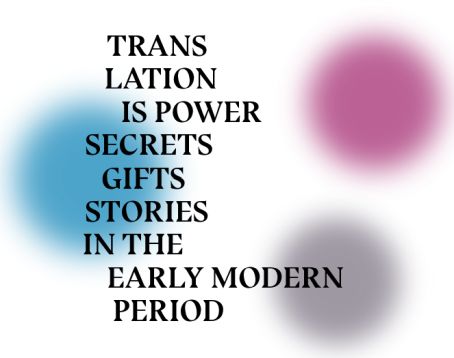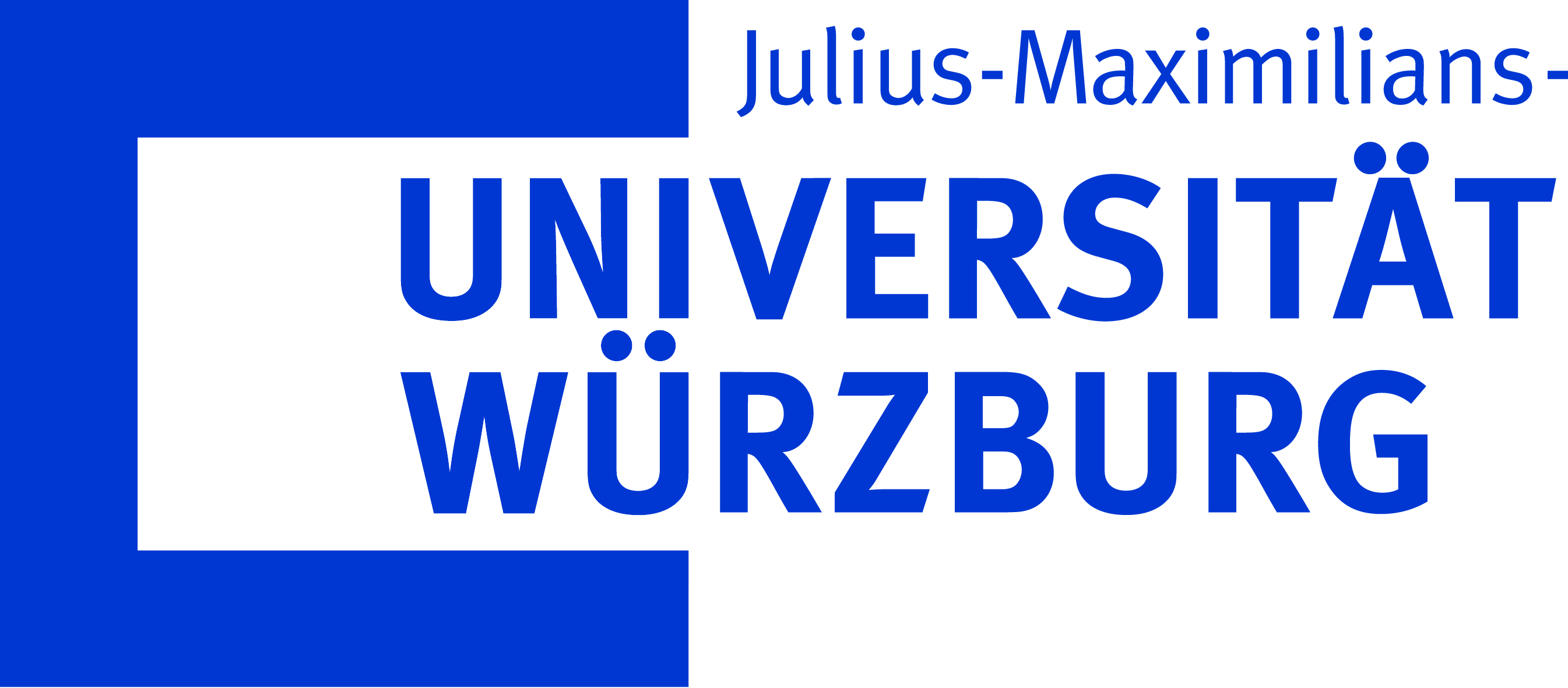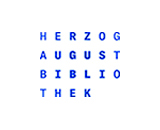II Section 3
Section 3: Cultural Affiliations and Society (director: Peter Burschel)
Present-day discussion of ‘cultural translation’ in the historical cultural sciences is rarely limited to the translation relationships between texts and languages. On the contrary, cultural translation is understood as a reciprocal – albeit often enough asymmetrical – conveyance process that can encompass human beings and their affiliations as much as it can aesthetic, emotional or ritual practices. From this perspective, cultural translation makes differences visible and productive without doing away with them. Cultural translation is cultural ‘borrowing’. Yet this also means that when cultural translation is discussed in the historical cultural sciences these days, it is in the sense of a dynamic and creative medium of cultural interpenetration, cultural conglomeration, cultural transfer and cultural conflict. Engagement with this section permits the uncovering of ambiguous dynamics of inter- and transcultural translation processes and thus an emphatic demonstration of the fact that European expansion brought in its wake ‘contact zones’ that leave no doubt: it was not only Europeans who mastered the art of translating foreign cultures.
Projects
Prof Dr Antje Flüchter, Giulia Nardini
Translation as Practice – Translating Practices. Roberto Nobili as A Missionary Translator between Culture, Religion, and Societies
Dr Irena Fliter
Flows and Frictions: The Camondo Family as Cultural Translators between the Ottoman Empire and Europe in the 18th Century
Prof Dr Rebekka Voß, Dr Avi Siluk, Johannes Müller
Jewish–Christian Translation Cultures in the Context of the Eighteenth-Century Pietist Mission to the Jews
Prof Dr Christina Strunck, Jana Sauter-Späth
Art and Crisis: Transnational and Interconfessional Translation Processes in Visual Arts and Architecture in Great Britain (1603–1750)
Prof Dr Alison Martin, Jente Azou, Mónica Martínez Gómez
Scientific Knowledge and Western European Travel Writing on Africa in Translation, 1600–1820




